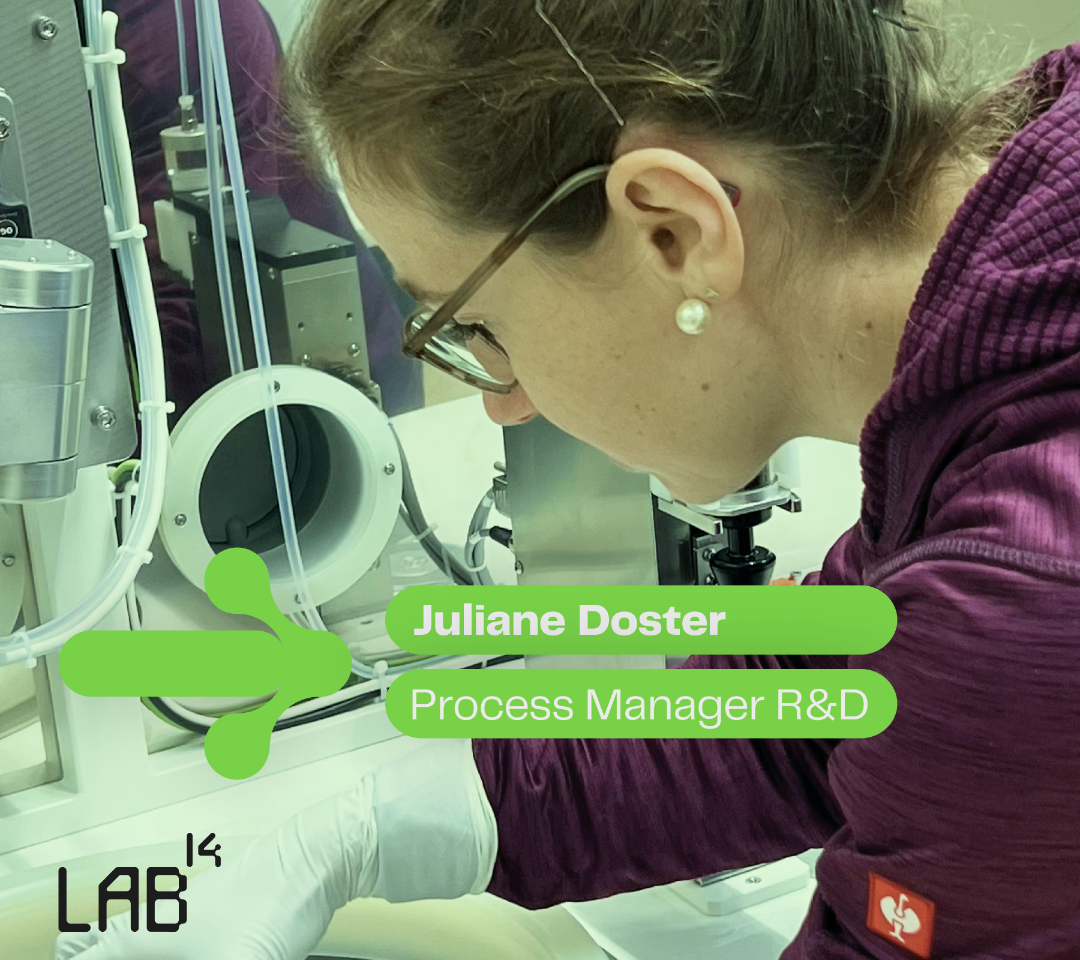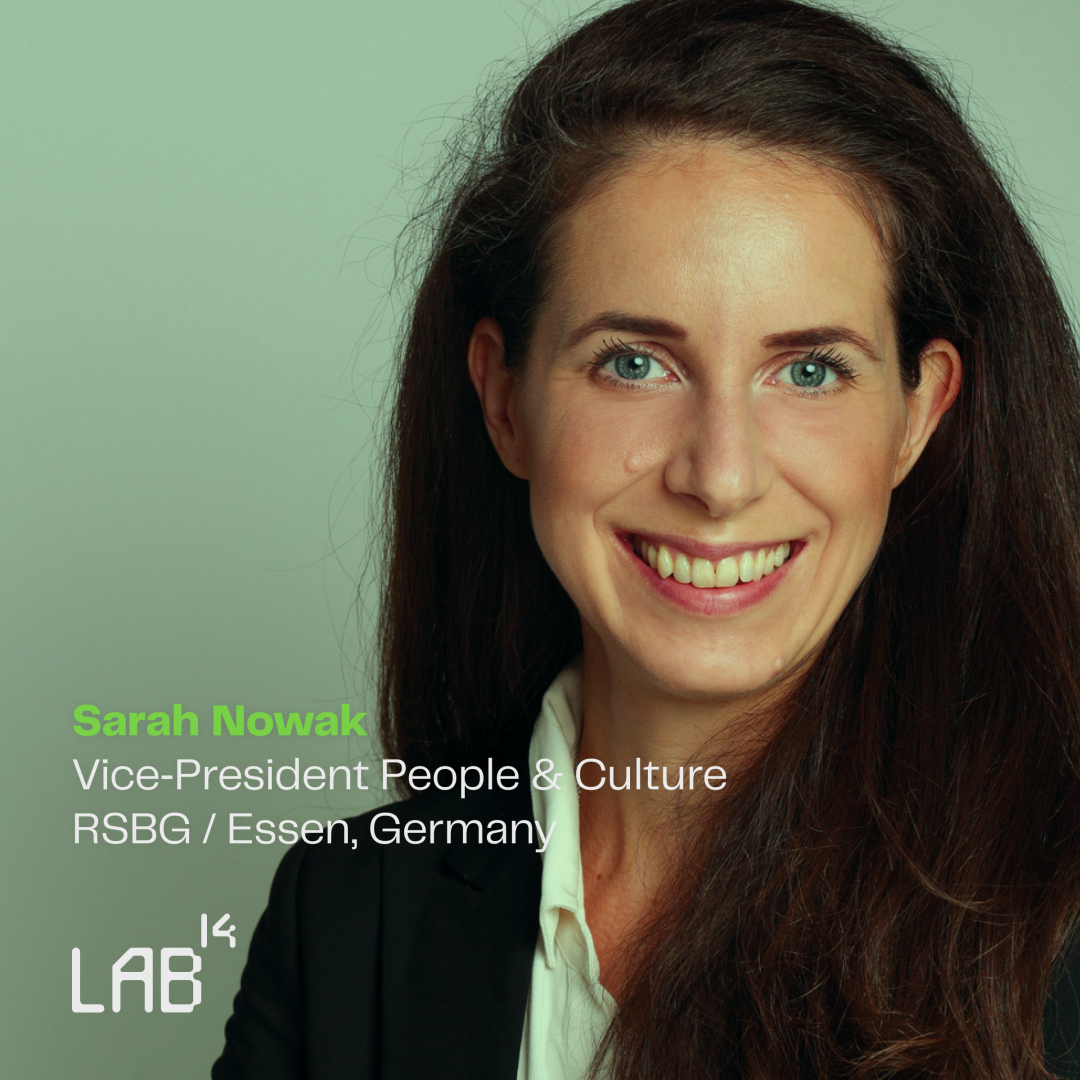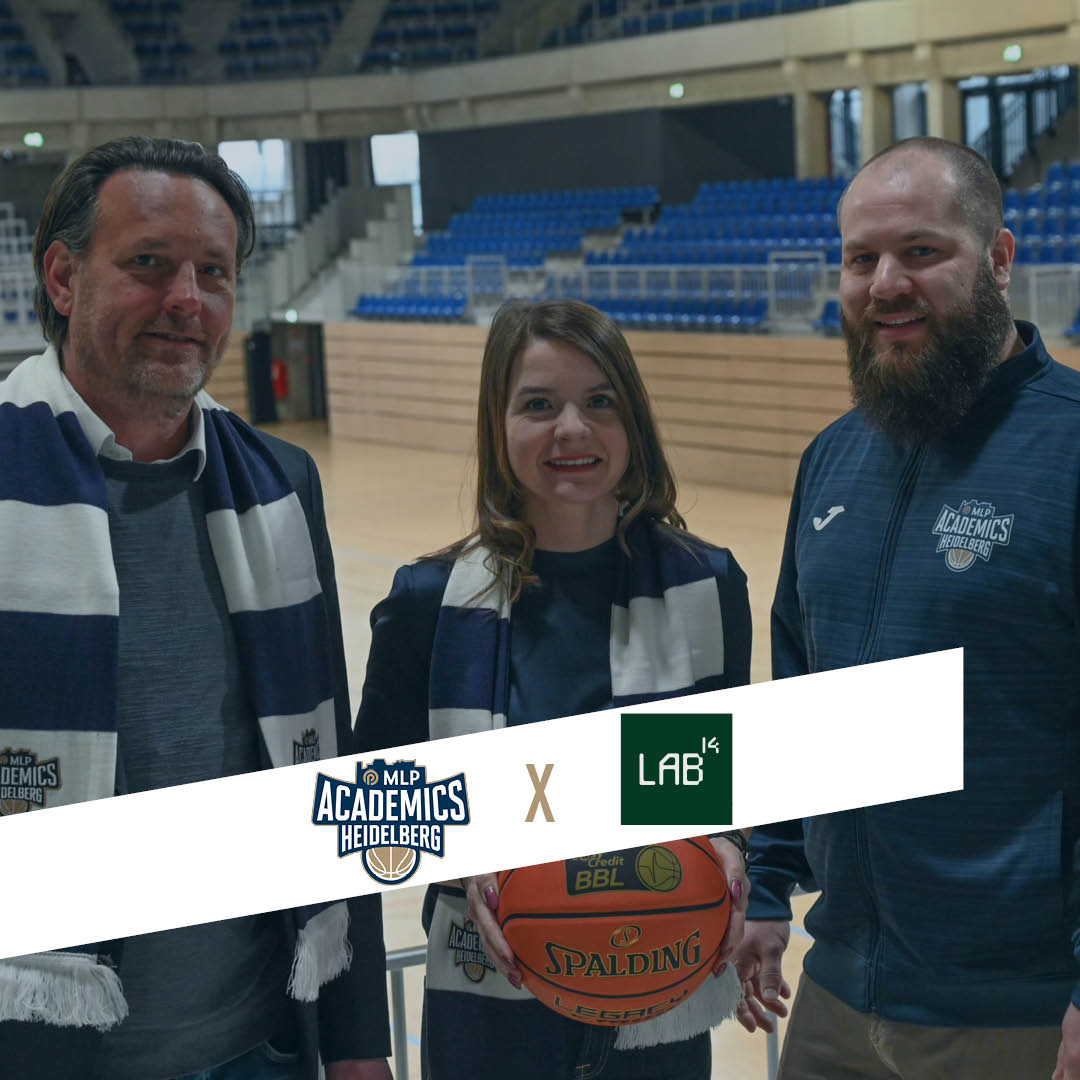Juliane Doster, Process Manager for R&D about her job and women in STEM

In an effort to increase the representation of women in STEM professions, we aim to provide them with greater visibility. In the coming months, we will be introducing you to some of the fascinating women working in our group of companies.
Kicking off this series is Juliane Doster, a Process Engineer with a PhD in Physics, currently serving as a Process Manager for R&D in our group.
What is it like for you as a woman in the field of R&D?
I really like my job. While it may not be apparent in everyday life, there are occasional instances where being a woman is not the norm – both in positive and negative ways.
What motivated you to pursue a STEM career?
I have always found joy in mathematics, logic, and natural sciences, so the direction was set early on. Additionally, I have always enjoyed learning new things, making it a natural choice to turn that passion into a profession.
What are you currently working on?
In our laboratory, we are dedicated to innovating and enhancing processes and machinery in the semiconductor industry. These machines are utilized in the production of the smallest electronic components.
Can you describe a typical day in your work routine?
A fascinating aspect for me is the absence of a routine. The majority of my work is determined by the issues arising in the laboratory or with our clients. Consequently, I need to adapt flexibly. Problem-solving could be considered a primary task – involving numerous tests, experimentation, as well as research and discussions with other departments or clients.
What are your experiences within the Lab14 group?
I perceive the spirit within the group as highly enriching, characterized by openness to new ideas, collaboration among peers, and a very pleasant working atmosphere.
In your opinion, why has the representation of women in STEM fields been low historically?
In my view, societal images play a significant role, in shaping us throughout our lives. Starting from distinct toys for girls or boys to the stereotypes like “girls aren’t good at math.” Although there have been improvements, I believe these stereotypes still contribute significantly to the underrepresentation of women in STEM professions.
What would you wish for to encourage more women to pursue careers in STEM?
Overall, I would wish for the dismantling of stereotypes and gender roles. Initially, everyone can examine their own biases. Additionally, I believe the presence of more female role models and their visibility is crucial.
What advice would you give to young women considering a STEM career?
Be courageous and give it a try. Above all, do not be discouraged when facing initial obstacles – everyone encounters them.
What are your aspirations for the future, both personally and professionally, within the STEM field?
Personally, I aspire to continue learning and growing, taking on new challenges within the ever-evolving landscape of technology. Professionally, I aim to contribute to groundbreaking advancements in semiconductor technology, pushing the boundaries of innovation and leaving a lasting impact on the industry.
Thank you for taking the time to share your experiences and insights, Juliane.



